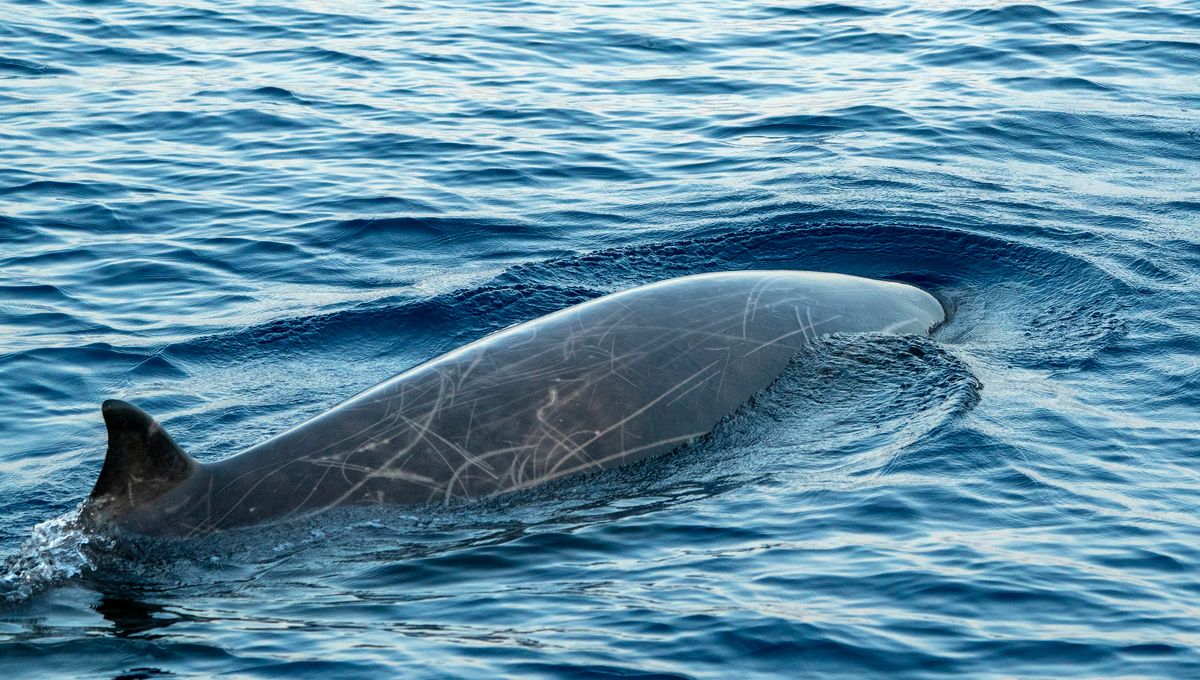
What’s the longest you can hold your breath for? A minute, maybe even a few? That definitely feels like a long time when you’re doing it – but a few minutes has got absolutely nothing on the animal that can hold its breath the longest.
Under the sea
If you were guessing in the region of marine mammals when it comes to the breath-holding champion, you’d be correct. But once you’re in that region, things can become a little more contentious.
Basing it on the longest dive recorded, the title would go to Cuvier’s beaked whales. During a 5-year study of 23 members of the species, scientists recorded one individual diving – and thus holding its breath – for a whopping 3 hours and 42 minutes. In comparison, the world record for a human is 24 minutes and 37 seconds.
That being said, the median dive duration for the beaked whales in the study was 59 minutes. On top of that, only 5 percent of those observed had dives exceeding 1 hour and 17.7 minutes. If we look beyond the individual with the impressively long dives, there are other marine creatures that can hold their breath for longer than those figures on average.
Sperm whales, for example, are known to spend around an hour and a half underwater before coming back up for breath. And outside of the cetaceans, elephant seals are the clear winners, holding their breath whilst diving for up to two hours.
How can they hold their breath for so long?
Part of the reason that deep-diving marine mammals are able to stay under the water for so long is because their muscles are packed with a protein called myoglobin, which stores oxygen and provides a handy supply of it to muscle cells.
Humans have myoglobin too, but at far lower concentrations – in us, too many proteins close together could clump up and cause disease. So why don’t whales, seals, and the like have the same problem?
According to a 2013 study, mammalian divers’ myoglobin is positively charged.
“Like the similar poles of a magnet; the proteins repel one another,” study author Dr Michael Berenbrink told BBC News. “In this way we think the animals are able to pack really high concentrations of these proteins into their muscles and avoid them sticking together and clogging up the muscles.”
Myoglobin may only be one part of the story, however. Researchers also suspect that Cuvier’s beaked whales in particular might have a low metabolic rate, meaning they won’t be using up oxygen as quickly.
When they eventually do have to switch to metabolizing without oxygen – anaerobic respiration, a little throwback to high school biology – the whales are thought to have a better tolerance for the lactate that builds up in the muscles.
If scientists could now figure out how we can nick these features so we don’t run out of breath during a gym session, that’d be great.
All “explainer” articles are confirmed by fact checkers to be correct at time of publishing. Text, images, and links may be edited, removed, or added to at a later date to keep information current.
Source Link: Which Animal Can Hold Its Breath The Longest?